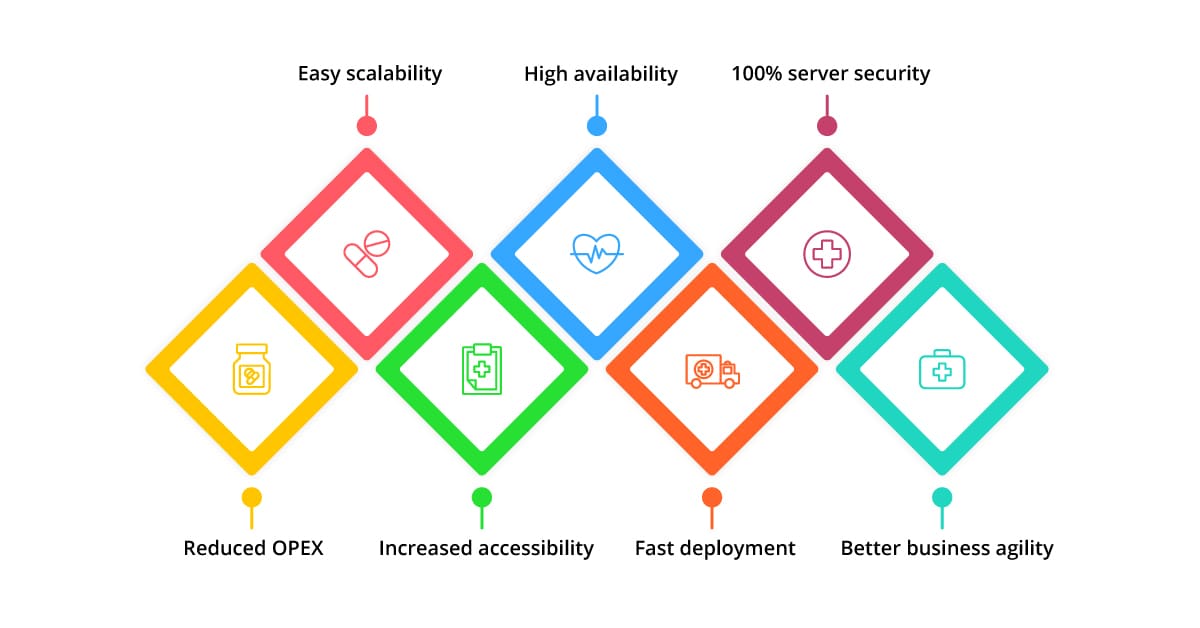Introduction
In the rapidly evolving landscape of software development, DevOps has emerged as a transformative approach that enhances collaboration between development and operations teams. Through the integration of practices, tools, and cultural philosophies, DevOps aims to streamline the software delivery process and accelerate innovation. In this comprehensive article, we delve into real-world DevOps case studies, showcasing success stories and the invaluable lessons these experiences have to offer.
Real-world DevOps Case Study: Success Stories and Lessons Learned
Achieving Seamless Deployment with Continuous Integration and Delivery
In the case of TechCo Innovations, the adoption of DevOps principles led to a remarkable success story. By implementing continuous integration and delivery (CI/CD) pipelines, TechCo was able to automate the entire deployment process. This resulted in reduced manual errors, quicker release cycles, and enhanced collaboration between development and operations teams. The key lesson learned here is that embracing automation can lead to seamless deployments and higher overall efficiency.
Cultural Transformation at Scale: The Journey of EnterpriseX
EnterpriseX underwent a cultural transformation by fully embracing DevOps practices across their extensive organization. The implementation of shared responsibilities, cross-functional teams, and transparent communication led to a more agile and efficient workflow. This case study highlights the significance of nurturing a DevOps culture and how it can lead to improved product quality and customer satisfaction.
Scalability and Resource Management: CloudScale’s Triumph
CloudScale encountered a challenge common to many startups: scaling their infrastructure to accommodate rapid growth. By utilizing cloud services and infrastructure as code (IAC), CloudScale achieved on-demand scalability while effectively managing resources. The lesson learned here is that DevOps practices enable businesses to scale efficiently while optimizing resource allocation.
Enhancing Security Through DevSecOps: A Finance Sector Story
The finance sector demands stringent security measures. SecureFinance Corp embraced DevSecOps, integrating security practices into every phase of development. This approach led to the early detection of vulnerabilities, reduced security risks, and increased customer trust. The key takeaway is that incorporating security into DevOps processes enhances overall software reliability.
Automation of Testing Procedures: QualitySoft’s Experience
QualitySoft, a software development company, leveraged automation to overhaul their testing procedures. By automating testing and employing continuous monitoring, they achieved higher test coverage and faster identification of defects. This case study underscores the importance of automated testing in maintaining product quality.
Streamlining Collaboration: RetailRise’s DevOps Victory
RetailRise faced challenges in aligning their development and operations teams due to disparate processes. Through DevOps adoption, they introduced collaboration tools and streamlined workflows. As a result, development and operations became synchronized, leading to reduced time-to-market and improved customer experiences.
FAQs
How can DevOps practices benefit businesses?
DevOps practices promote collaboration between development and operations teams, leading to faster software delivery, reduced errors, and improved efficiency. This ultimately enhances customer satisfaction and business competitiveness.
What is the role of automation in DevOps?
Automation is a fundamental aspect of DevOps, as it eliminates manual errors, accelerates processes, and ensures consistency in software delivery. Automated testing, continuous integration, and deployment pipelines are key components of successful DevOps implementations.
Can DevOps practices be applied to industries with strict security requirements?
Absolutely. DevOps can be extended to industries such as finance and healthcare by integrating security practices into every stage of development. This approach, known as DevSecOps, ensures that security is not compromised while delivering continuous value.
How does DevOps contribute to scalability?
DevOps enables scalability through practices like infrastructure as code (IAC) and cloud services. These approaches allow businesses to scale resources based on demand, ensuring optimal performance during periods of growth.
What is the impact of DevOps on company culture?
DevOps fosters a culture of collaboration, shared responsibility, and transparency. This cultural shift promotes agility, innovation, and improved communication among teams, ultimately leading to better product outcomes.
Are there specific tools recommended for implementing DevOps practices?
There are several popular DevOps tools available, including Jenkins, Docker, Kubernetes, and Ansible. The choice of tools depends on the specific needs and goals of the organization.
Conclusion
Real-world DevOps case studies underscore the transformative potential of adopting DevOps practices. From achieving seamless deployments through automation to fostering a culture of collaboration, these success stories provide valuable insights into how businesses can thrive in the ever-changing landscape of software development. By embracing DevOps principles, organizations can position themselves for innovation, efficiency, and sustained growth.








